Lesley Anne Warner, PhD
Dr. Lesley Anne Warner has two decades of experience as a foreign policy expert at the intersection of armed conflict, human security, political transitions, and security cooperation. She is currently the Founder and Principal Consultant at PhaseZero Solutions, LLC, where she advises private sector clients on geopolitical and macroeconomic risks across sub-Saharan Africa and has developed multi-stakeholder crisis communications products for non-profits and philanthropies facing legal and regulatory challenges. She is also an Adjunct Lecturer in the Kellogg Global Initiatives in Management Program at Northwestern University, where she is leading a real-time examination of how multinationals in emerging markets are evolving to develop commercially sustainable business practices in today’s complex geopolitical landscape.
Dr. Warner’s most recent position in the U.S. government was as a Deputy Assistant Administrator in the Bureau for Democracy, Human Rights, and Governance at the U.S. Agency for International Development, where she oversaw the Anti-Corruption Center; Justice, Rights, and Security office; and the Program Office, which handled the Bureau’s budget, communications, and legislative engagement. While at the DRG Bureau, she represented the U.S. Government in engagements with foreign officials, implementing partners, and members of civil society in Africa, Asia, and Latin America, and was part of the executive leadership team that oversaw a foreign assistance budget of $261 million across 72 countries to advance efforts to protect human rights defenders and mitigate democratic backsliding.
Dr. Warner was previously a Senior Policy Advisor to U.S. Ambassador to the United Nations Linda Thomas-Greenfield, where she served as her principal adviser on Sub-Saharan Africa. During her time at USUN, she originated the concept behind the African Democratic and Political Transitions (ADAPT) Initiative, which became a deliverable for the U.S.-African Leaders’ Summit in 2022.
Before joining the State Department, Dr. Warner was a Senior Professional Staff Member on the House Foreign Affairs Committee, where she served as the principal adviser to Chairmen Eliot Engel and Gregory Meeks on Sub-Saharan Africa and UN peacekeeping. While on the Committee, she authored the Sudan Democratic Transition, Accountability, and Financial Transparency Act of 2020, which became law as part of the FY21 National Defense Authorization Act.
Dr. Warner holds a PhD in War Studies at Kings College London, a M.A. in Security Studies from the Edmund A. Walsh School of Foreign Service at Georgetown University and a B.A. in International Relations from Carleton College. While at Carleton, she received the David L. Boren National Security Education Program Scholarship to study abroad in Brazil and the Mellon-Mays Undergraduate Fellowship. She is the author of Military Integration during War-to-Peace Transitions: South Sudan’s Attempt to Manage Armed Groups, 2006-13 (Routledge, 2023), and her research and analysis have been widely published and cited in prominent international television, radio, print, and online outlets.
Dr. Warner is a Life Member of the Council on Foreign Relations, a 2018 Center for a New American Security Next Generation National Security Leaders Fellow, a 2018-2019 Penn Kemble Democracy Forum Fellow at the National Endowment for Democracy, a 2015 International Career Advancement Program (ICAP) Fellow, and a Security Fellow at the Truman National Security Project.


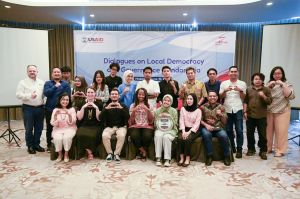




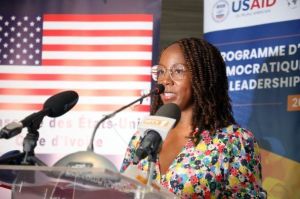

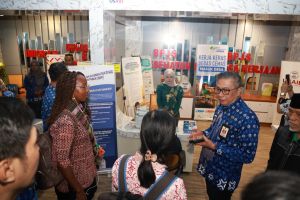

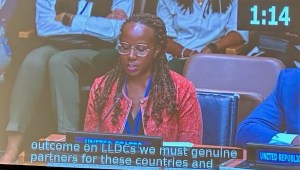
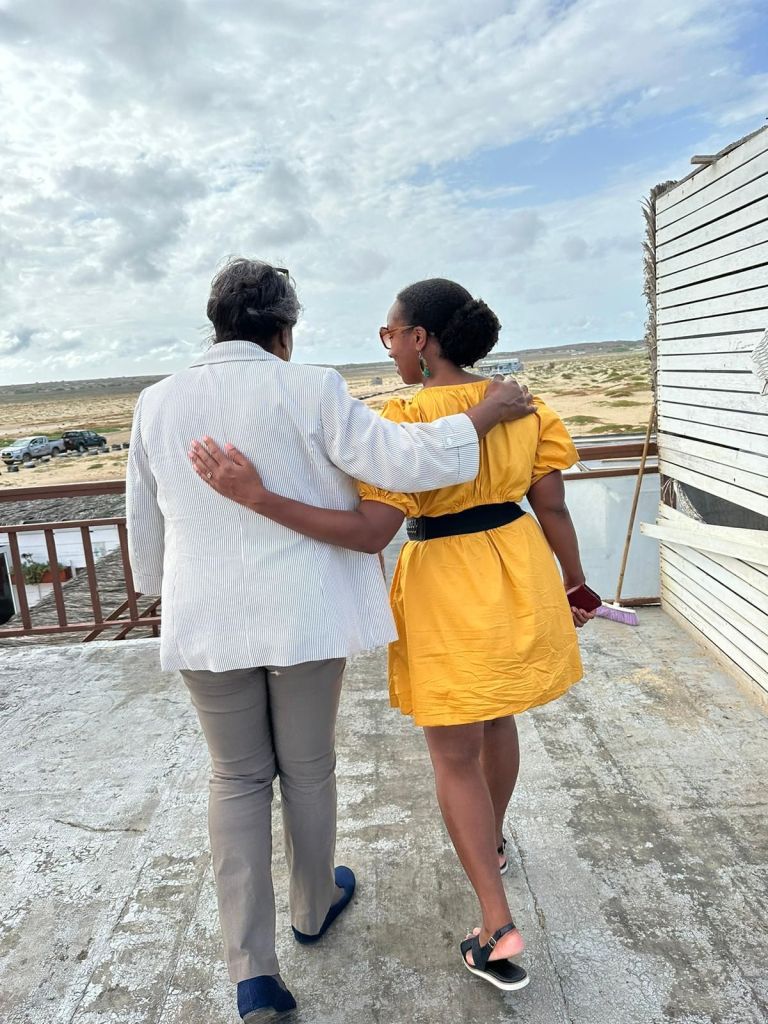
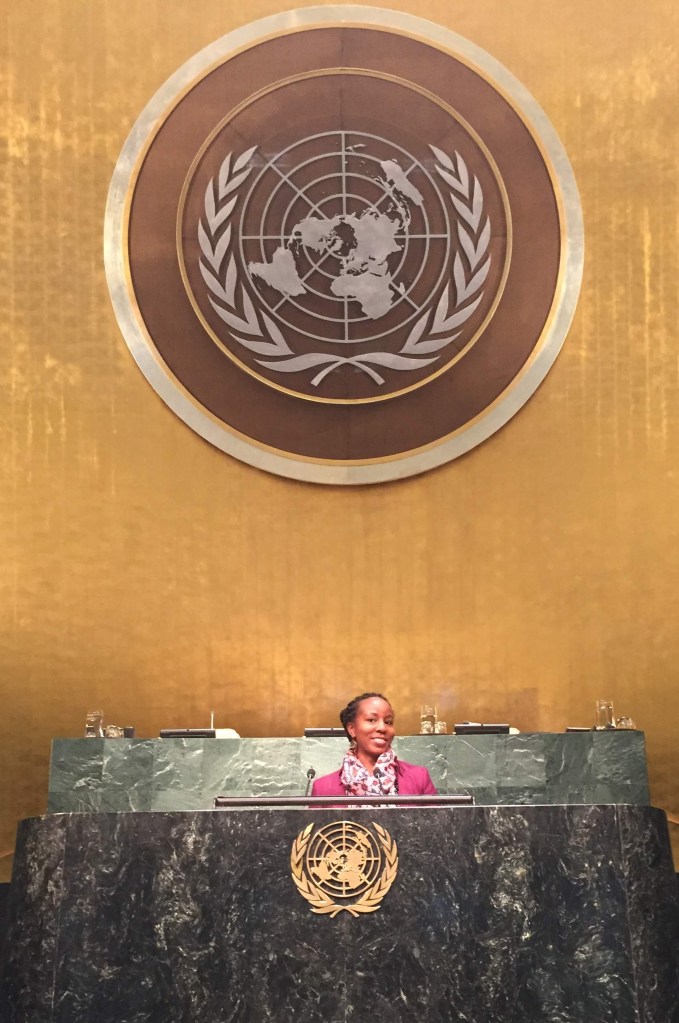
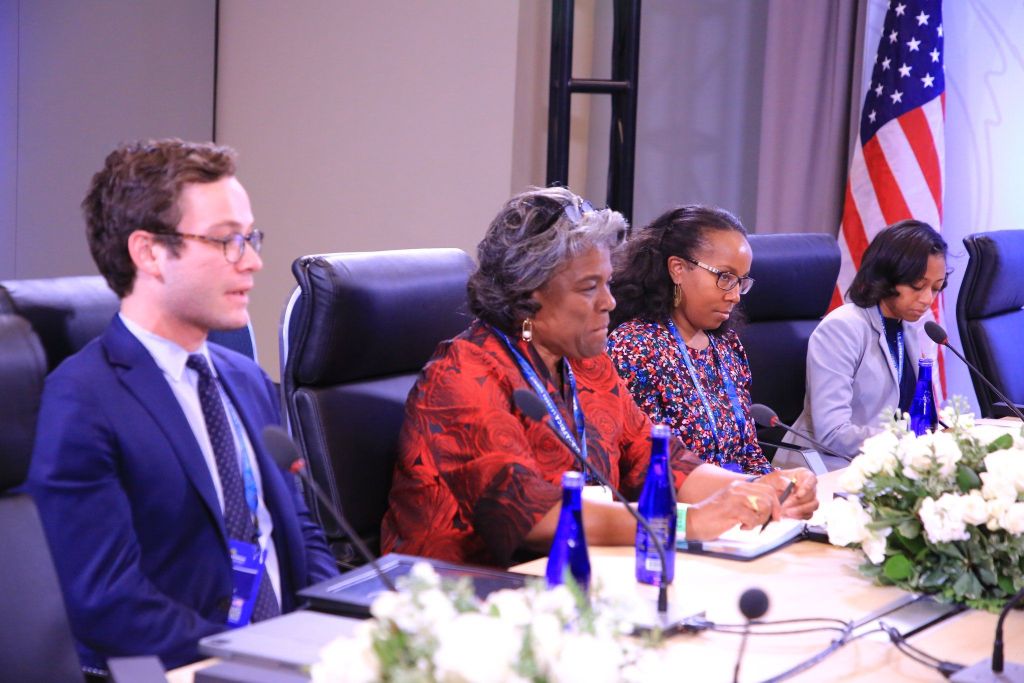







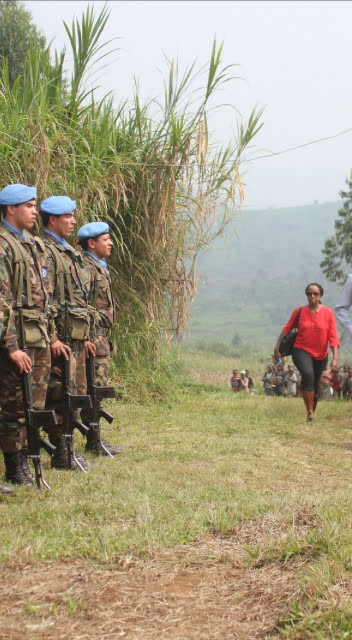

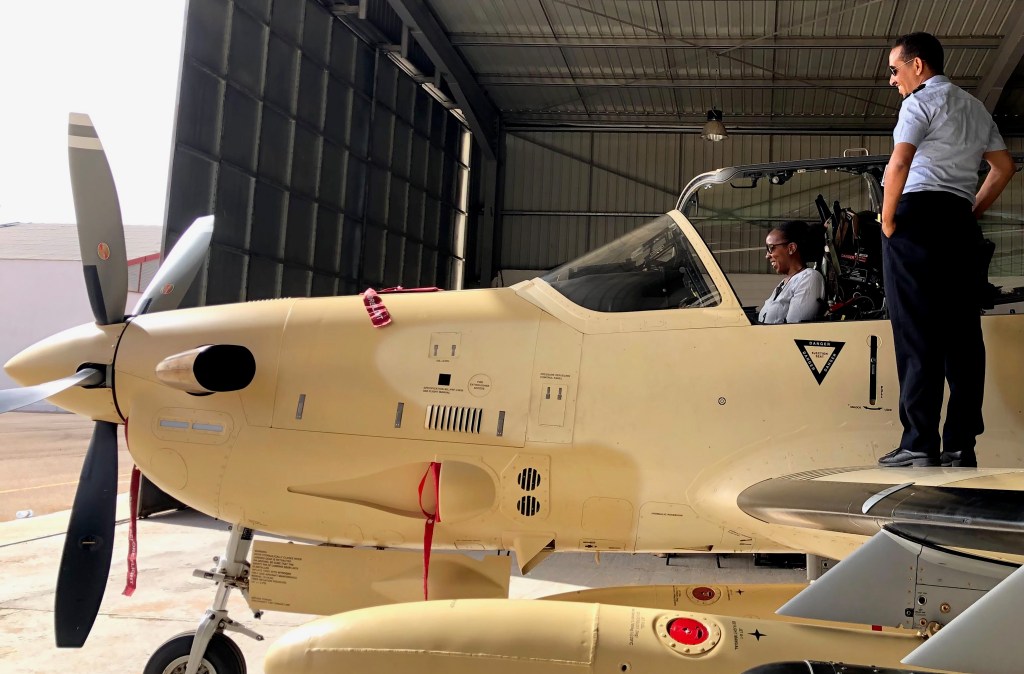


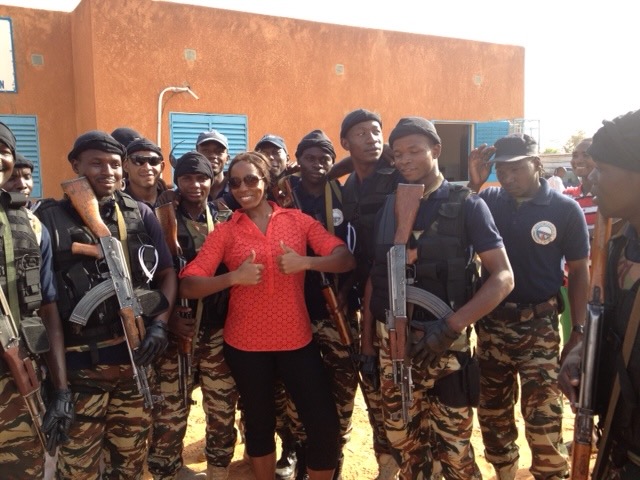


You must be logged in to post a comment.